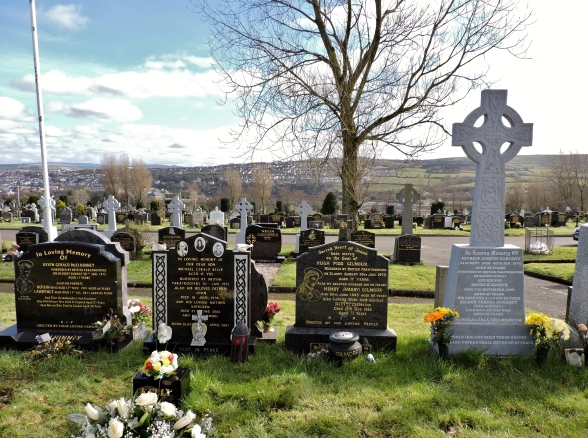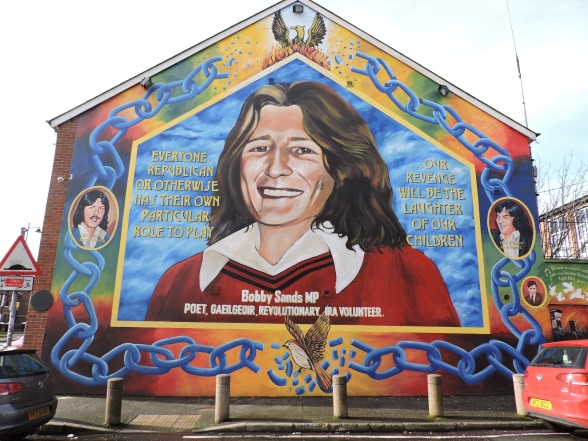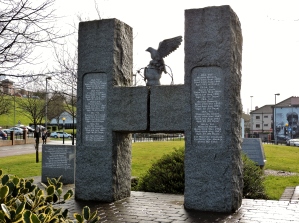On January 30th, 1972, thirteen innocent people were murdered and twenty-eight were shot during an anti-internment march through the Bogside area of Derry. Another innocent victim died later as a result of his injuries, bringing the total number of fatalities to fourteen. That bleak day became known as Bloody Sunday. At first the soldiers and the English government tried to claim that all who had been shot or killed were armed, dangerous, and/or members of the Irish Republican Army. Witness statements backed up with photographic evidence, forensics, and videos helped disprove their lies but it took nearly forty years and the most expensive inquiry in English history to finally exonerate the victims.
An anonymous teenage girl who would now probably be in her mid-to-late sixties made a quick and pivotal choice on Bloody Sunday that helped set those things in motion and has affected millions of people since. As she and her friends wandered through the aftermath of the Bogside Massacre, a stranger approached them. He quickly explained that authorities had begun searching people nearby and he had some rolls of film he needed to hide. This young girl quickly put the film in her underwear, assuming that her undergarments would not be searched if she were stopped. She was either not stopped or was correct in that assumption because later she met the man, Gilles Peress, at a hotel where she handed over his rolls of film and then promptly vanished. Peress drove straight out of Derry that night with his precious cargo and never saw the blonde girl again.
Continue reading →















You must be logged in to post a comment.